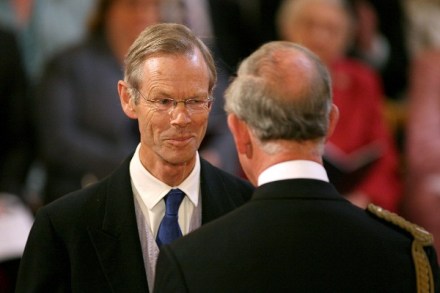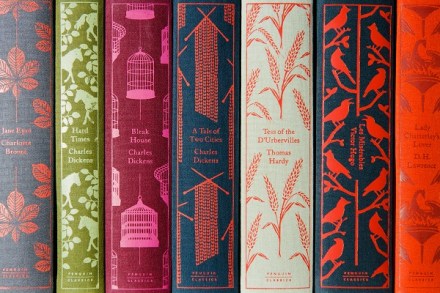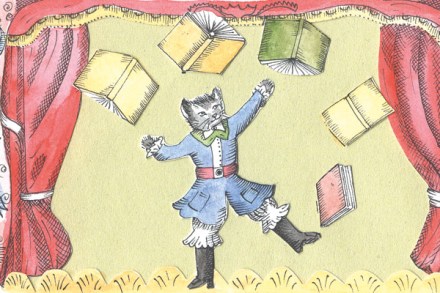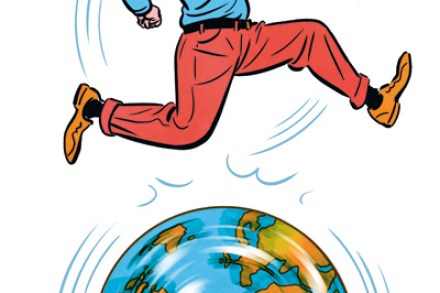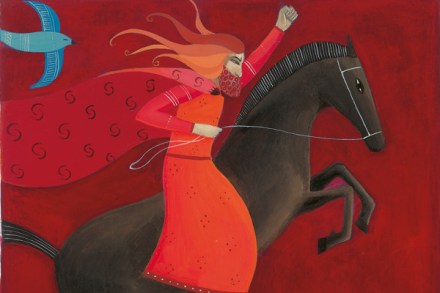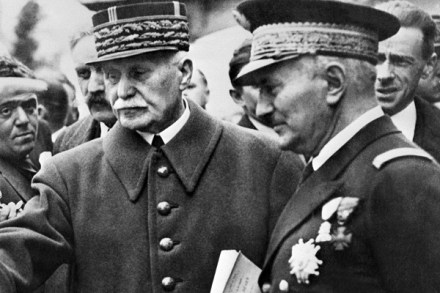The further tragedy of unknowing
More from BooksMargaret Evison spent Easter 2009 with her 26-year-old son Mark, who was about to go to Afghanistan as a lieutenant in the Welsh Guards. They walked around her garden talking about death in a general sort of way; Mark was worried that he might make a mistake which would lead to someone else dying. ‘He






